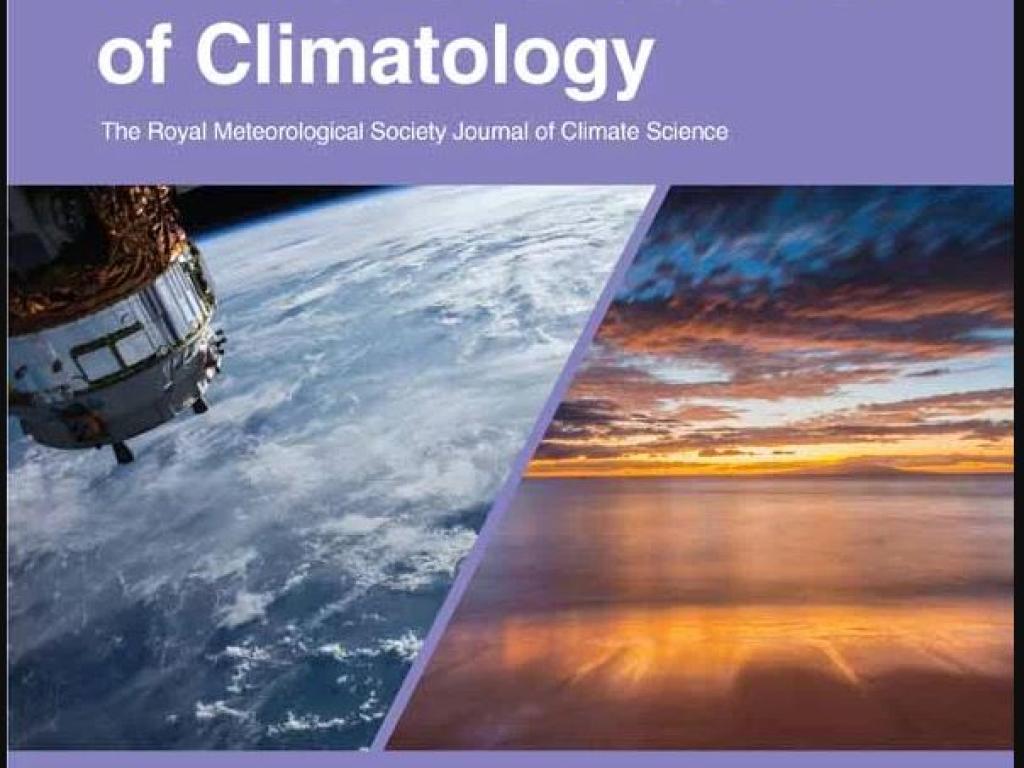Process-based model evaluation and projections over southern Africa from Coordinated Regional Climate Downscaling Experiment and Coupled Model Intercomparison Project Phase 5 models

Pinto, I., Jack, C., Hewitson, B. • 2018
Decision-scale relevant climate information on climate change is needed to inform policy and decision making but often involves high uncertainty. To enhance confidence in interpreting regional climate projections, it is important to understand the underlying physical processes driving the change. This study explores a methodology to investigate climate change as a function of changes in frequency of synoptic circulation. The approach examines how dynamically downscaled future climate from two regional climate models (RCMs) from the Coordinated Regional Climate Downscaling Experiment (CORDEX), driven with four general circulation models (GCMs), can give rise to surface climate changes that differ from those of the driving GCMs. The study focuses on changes in precipitation and the circulation processes driving the projected changes from the regional climate simulations. Despite uncertainty in future projections, the RCMs and GCMs both show decreases in precipitation over most of southern Africa and suggest a reduction (increase) in the frequency of circulation patterns associated with precipitation (no precipitation) over the region. However, some contradictions are seen in the centre of the domain for some ensemble members. This study shows that some of this disagreement in precipitation projections between GCMs and RCMs is due to the inconsistencies in the physical parameterizations of precipitation processes rather than inconsistences in regional-scale circulation patterns.